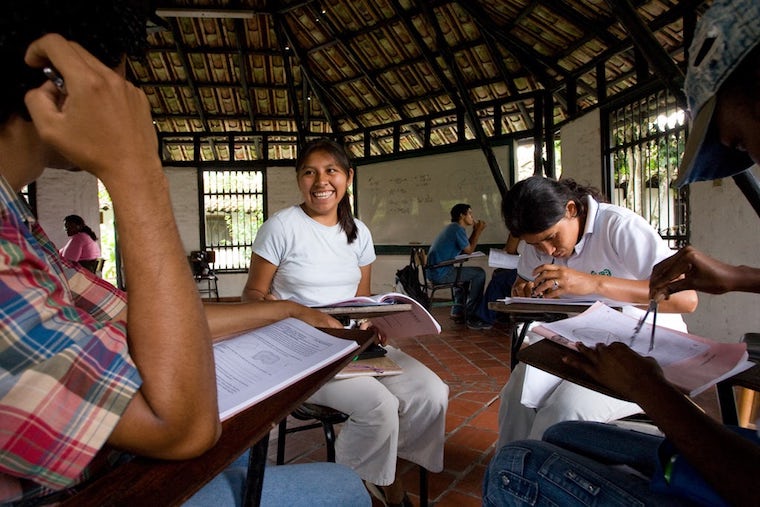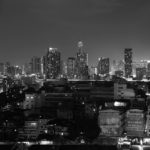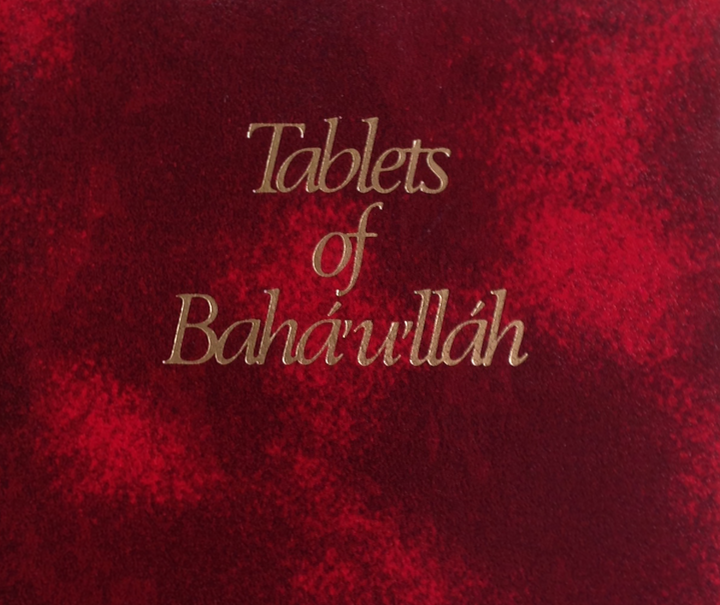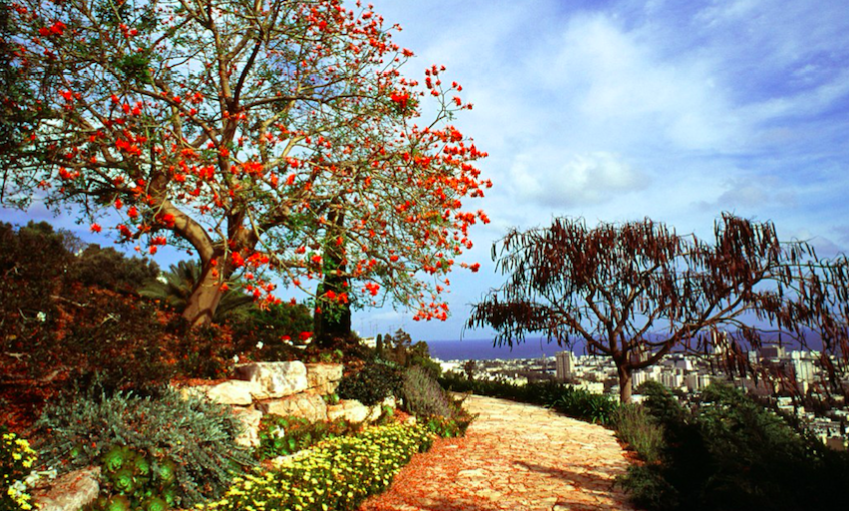
Dimensions of Unity: the Lawh-i-Ittihad
 The theme of unity is woven explicitly and implicitly into Bahá’u’lláh’s mission and teachings. It is the entire purpose of his mission. In the Lawh-i-Ittihad, Bahá’u’lláh discusses some of the dimensions of unity. An authorised English version of this work is not available as yet, although descriptions of this work are available in Adib Taherzadeh’s fourth volume and Moojan Momen has provided a description and provisional translation. The following is a translation of two passages of the Lawh-i-Ittihad appearing in a letter of the Universal House of Justice.
The theme of unity is woven explicitly and implicitly into Bahá’u’lláh’s mission and teachings. It is the entire purpose of his mission. In the Lawh-i-Ittihad, Bahá’u’lláh discusses some of the dimensions of unity. An authorised English version of this work is not available as yet, although descriptions of this work are available in Adib Taherzadeh’s fourth volume and Moojan Momen has provided a description and provisional translation. The following is a translation of two passages of the Lawh-i-Ittihad appearing in a letter of the Universal House of Justice.
And amongst the realms of unity is the unity of rank and station. It redoundeth to the exaltation of the Cause, glorifying it among all peoples. Ever since the seeking of preference and distinction came into play, the world hath been laid waste. It hath become desolate. Those who have quaffed from the ocean of divine utterance and fixed their gaze upon the Realm of Glory should regard themselves as being on the same level as the others and in the same station. Were this matter to be definitely established and conclusively demonstrated through the power and might of God, the world would become as the Abhá Paradise.
Indeed, man is noble, inasmuch as each one is a repository of the sign of God. Nevertheless, to regard oneself as superior in knowledge, learning or virtue, or to exalt oneself or seek preference, is a grievous transgression. Great is the blessedness of those who are adorned with the ornament of this unity and have been graciously confirmed by God.[1]
This is the theme of “unity of rank”. Bahá’u’lláh provides an explicit example of pride in religious leadership as a source of error. Within the context of the Baha’i Faith, it is a reiteration of the absence of a “privileged” clerical class. Thus in exploring this concept, the Universal House of Justice draws attention to Shoghi Effendi’s counsel to elected members of Baha’i institutions.
They should never be led to suppose that they are the central ornaments of the body of the Cause, intrinsically superior to others in capacity or merit, and sole promoters of its teachings and principles. They should approach their task with extreme humility, and endeavor by their open-mindedness, their high sense of justice and duty, their candor, their modesty, their entire devotion to the welfare and interests of the friends, the Cause, and humanity, to win not only the confidence and the genuine support and respect of those whom they should serve, but also their esteem and real affection.…[2]
Other forms of unity are however also discussed in the Lawh-i-Ittihad.
One is “unity of religion”, another is “unity of words” another is “unity of ritual practice”, another is “unity of wealth” another is “unity of souls”.
These concepts recur throughout Bahá’u’lláh’s teachings. For example, unity of souls appears in Bahá’u’lláh’s letter to Pope Pius IX.
He Who is your Lord, the All-Merciful, cherisheth in His heart the desire of beholding the entire human race as one soul and one body.[3]
Oneness of religion is a core principle of Bahá’u’lláh’s teachings. The discussion of unity of ritual acts may be unfamiliar. Its importance is underlined by recalling that differences in ritual practice have historically often been a cause of division.
In respect of wealth, Bahá’u’lláh counsels an entirely different attitude to the competitive ethos that celebrates an accumulation of wealth as a mark of status or “preference”.
Consider ye and call to mind that which the All-Merciful hath revealed in the Qur’án: “They prefer them before themselves, though poverty be their own lot. And with such as are preserved from their own covetousness shall it be well.” Viewed in this light, the blessed utterance above is, in truth, the daystar of utterances. Blessed is he who preferreth his brother before himself.[4]
The theme was explored in a recent letter of the Universal House of Justice, which is discussed in an article on the abolition of extremes of wealth and poverty.
(This article is the 171st in a series of what I hope will be 200 articles in 200 days for the 200th anniversary of the birth of Bahá’u’lláh. The anniversary is being celebrated around the world on 21 and 22 October 2017, The articles are simply my personal reflections on Bahá’u’lláh’s life and work. Any errors or inadequacies in these articles are solely my responsibility.)
Sources:
Adib Taherzadeh, The Revelation of Baha’u’llah, Chapter 13
Moojan Momen, The Tablet of Unity (Lawh-i Ittihád)—A Provisional Translation
Image Credits: Social Action fostered by the Baha’i Community. Students at the University Center for Rural Well-being in Jamundi-Robles, Colombia. Copyright © Bahá’í International Community http://media.bahai.org/detail/1507987






